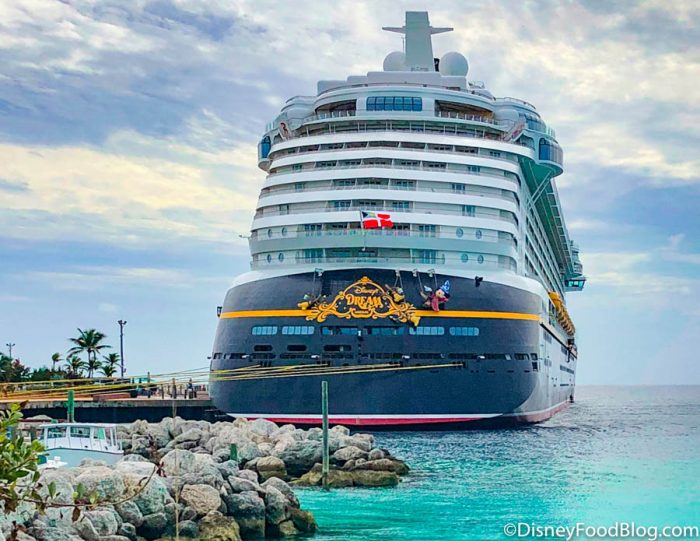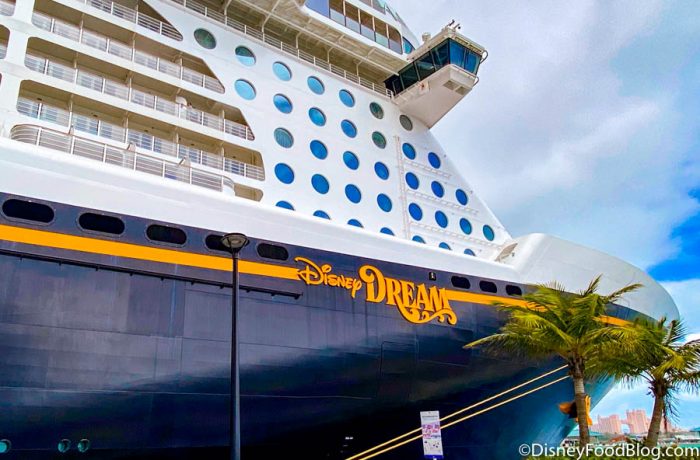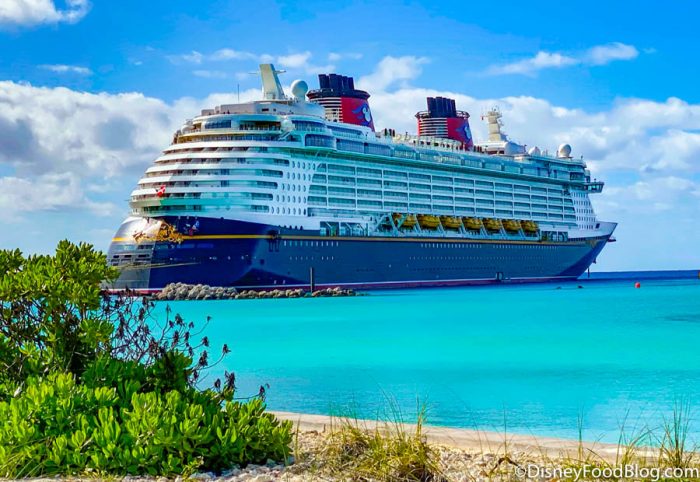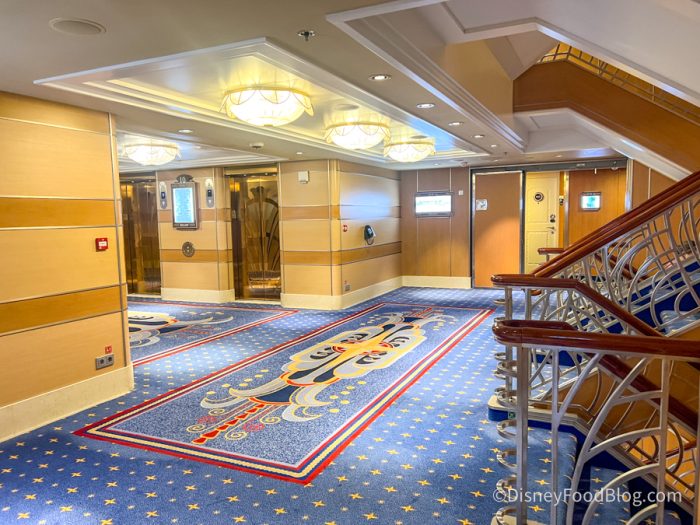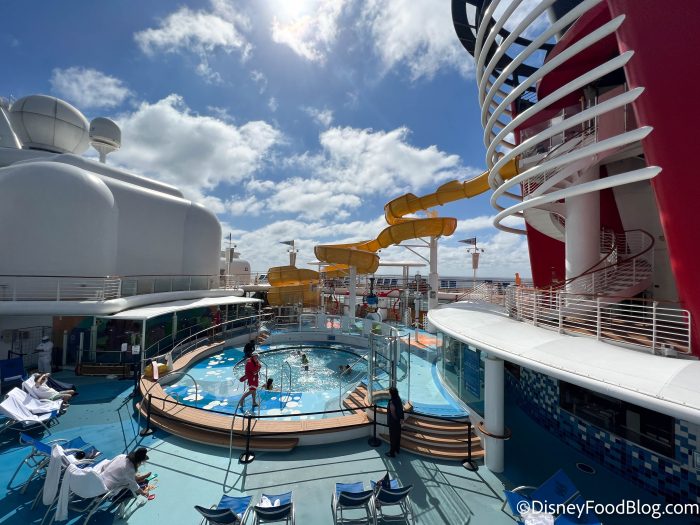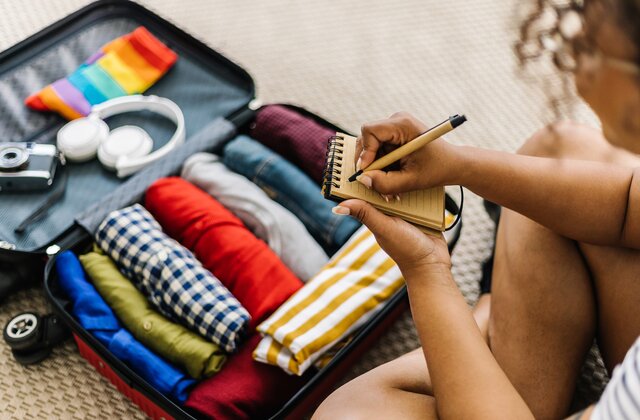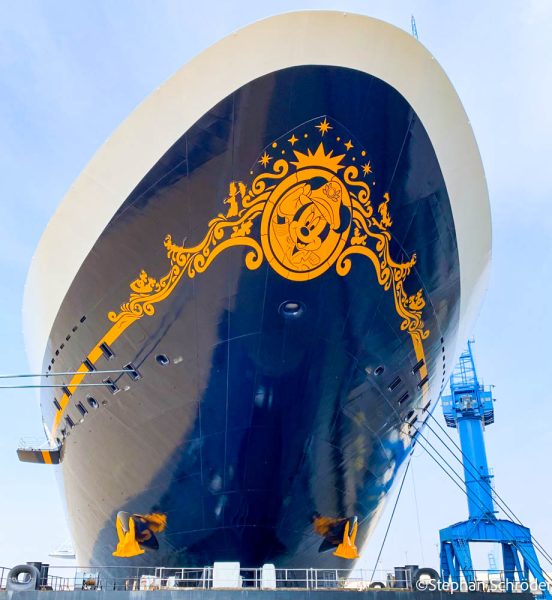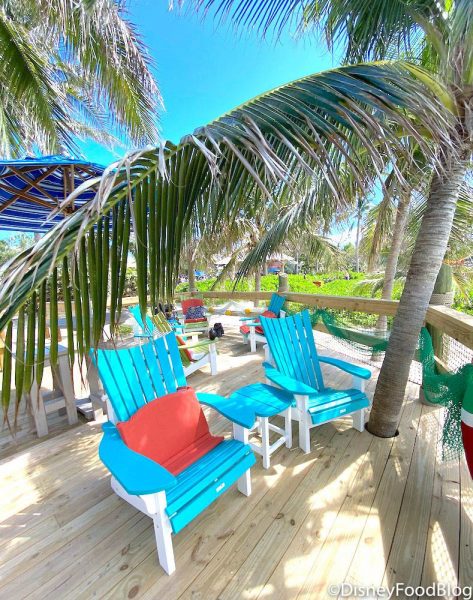Yo ho, yo ho, a pirate’s life for me!
If you’re boarding a cruise soon, and one for a leisurely vacation, not one to plunder and pillage, then you may want to know about some of the laws that are around to protect you, and you’ll be expected to follow.

Wait, Did You Say “Merry Time” or “Maritime”?
You didn’t imagine by opening this post that you’d be getting a partial law degree, did you? What? That’s NOT why you read DFB? Ok, ok. We’ll keep the legal jargon to a minimum and splice in some humor and maybe some food references (we are DFB, afterall). But we are responsible reporters, and we wanna give you the facts, you know, with a splash of fun.
Are you ready to dive in? Grab your favorite cruise snack (you know, either snacks you eat on a cruise, or land-based snacks that are shaped like boats, both are acceptable), and let’s discuss the nuances of Maritime Law. No, no, just kidding, don’t choke on your boat-shaped snack! It’s just a little maritime overview.
Here we go! Maritime law, also known as admiralty law, is a body of laws and treaties that govern private maritime business and other nautical matters, such as shipping or violations occurring on open water. So, who oversees (overseas? ok, ok, too many puns might compromise the grammatical integrity of this post) the maritime laws? Those folks are the International Maritime Organization (IMO), an agency of the United Nations. Maritime law exists to protect the world’s open seas and the people who use it. Without it, there would likely be anarchy and a collapse of the global economy. No big deal, right?
So, the smarty-pants in the IMO decide on the rules and policies that ships and their crews must follow. Regarding passenger behavior, the laws on a cruise ship align with the flag the ship is flying under. A ship flies the flag of the country where it’s registered, and, in general, the laws onboard a ship are the laws of that country.
So, if you’re planning to take a cruise out of a different country, you may wanna brush up on your international law since that country’s laws will be what’s applied on board. This probably won’t affect you too much, but keep an eye on those legal drinking ages as those change from country to country.
To Light Up or Not to Light Up — That is the Question.
Just when you thought you had all of the federal laws figured out, the good ol’ U.S. steps up and confuses everyone with varying state laws (way to go, America, we love you, but why you gotta be so complicated?)
With marijuana laws being different from state to state, the cruise industry must deal with passengers depending on state legalization. Although many states allow possession of specific amounts of marijuana, major cruise lines have clarified their stance on cannabis and CBD.
Carnival Cruise Line’s policy states: “While certain CBD products used for medicinal purposes may be legal in the US, they are not legal in all the ports we visit and therefore are also considered prohibited items. Guests will need to consult with their physician for other suitable alternatives.”
Norwegian Cruise Line’s policy states: “All illegal narcotics/drugs, including marijuana prescribed for medical purposes and other items used as drug paraphernalia. This includes all products containing CBD, oils, candies, and gummies or any product containing THC.”
Royal Caribbean’s policy states: In no event shall any Passenger bring on board the Vessel any illegal controlled substances (including medical marijuana). Marijuana possession and/or use, including medical marijuana, and possession or use of any illegal drugs, is strictly prohibited in many jurisdictions visited and on the Vessel at all times, as well as in terminals, during shore excursions or any other part of the cruise, regardless of any local, state, or other laws which might permit use or possession of marijuana.
Disney Cruise Line’s policy states: “In accordance with United States federal regulations and local laws in the destinations we visit, illegal narcotics—including synthetic designer drugs—and marijuana (even if legal where you reside or medically prescribed)—are prohibited on board the ships and on Disney Castaway Cay.”
Ultimately, if you sail from a port within the United States, you must follow U.S. federal law, which prohibits use and possession. Your best bet is to get familiar with the policies and proceed at your own discretion.
And what about cigars, vaping, or cigarettes, you ask? You may smoke on a cruise ship, but only in designated smoking areas. On most ships, all indoor public spaces are off-limits except the casino (or part of the casino), a cigar lounge (if the ship has one), and designated sections in nightclubs. Pretty much all ships prohibit smoking or vaping of any kind in stateroom and on stateroom balconies/verandas with hefty financial penalties.
Outside, smokers are typically restricted to small areas on one or more decks. The designated area may differ from one ship to another within the same cruise line. Smoking information can usually be found in the FAQ section of the cruise line’s website, but when in doubt, ask upon boarding.
On European cruise lines, there’s usually a bit more room for smokers to spread out, but even those lines are cutting back.
“And I’m packing your angry eyes…just in case.”
You can pack your angry eyes, though hopefully, on a cruise, you won’t need them. But there are some things you should definitely leave at home. Each cruise line will have its own list, but standard prohibited items can include:
- Weapons, Firearms, and Ammunition
- Marijuana and other illicit drugs
- Explosives
- Flammable liquids
- Appliances and other electrical items
- Drones
- Pre-cooked meals
- Recreational sporting equipment
- Bicycles
- Pets
Though you probably aren’t planning to bring your blender, electric blanket, or cricket bat with you on a cruise, obviously, someone has tried because there are some pretty specific rules about it. Be sure to review your cruise line’s guest services page for a very thorough list of what will not be permitted on the ship.
S-A-F-E-T-Y
Who among us has been on a ship and not reenacted the Jack and Rose “I’m Flying” scene from Titanic? Shoot, I’d do it on the Jungle Cruise if the Skipper would let me stand up. We’ve all seen, loved, and been traumatized by that movie. Why didn’t Rose scoot over and let Jack on the door?
Because of the tragedy of the Titanic, the IMO established the International Convention for the Safety of Life at Seas (SOLAS). This international treaty regulates safety standards related to ship construction, navigation, firefighting, and lifesaving equipment. So you can rest assured that when you board any cruise, you won’t have to rely on the benevolence of a cruise mate to share a floating door with you, should the ship go down; there will be a spot reserved for you on a bona fide lifeboat.
You also have the Titanic to thank for that mandatory muster drill. Don’t try to dodge it. The crew is counting everyone and checking off lists. And just like Baskin Robbins, they always find out.
This Passport Has Fine Print
First, you’ll need to see if you’re a citizen of the country the ship is departing from. If you’re coming to Port Canaveral for a Disney Cruise, but you’re a citizen of Denmark, then you’ll definitely need a passport. Got it?
Some cruise itineraries include foreign ports that require a passport for disembarkation. This is most commonly an issue for travelers on a Caribbean cruise. Barbados, Guadeloupe, Haiti, Martinique, St. Barts, and Trinidad and Tobago all require U.S. citizens to present a valid passport to disembark and enter the country.
If your itinerary includes a country requiring a passport, your cruise line will require you to have the passport at check-in. Note that your passport must not expire within six months of your arrival in a foreign country or else it won’t be considered valid for international travel.
If you want to be sure not to accidentally break any laws during your Disney World trip, we recommend checking out our links below:
- 5 Laws You Need to Know Before You Travel to Orlando
- 7 Laws You Need to Know Before You Travel to Disney World
- 5 Laws You Need to Know Before Your Travel to Florida Beaches
- 5 Laws You Need to Know Before You Travel to Florida
Keep following DFB for more Disney World news and updates!
What You Need to Know About Disney Cruise Line
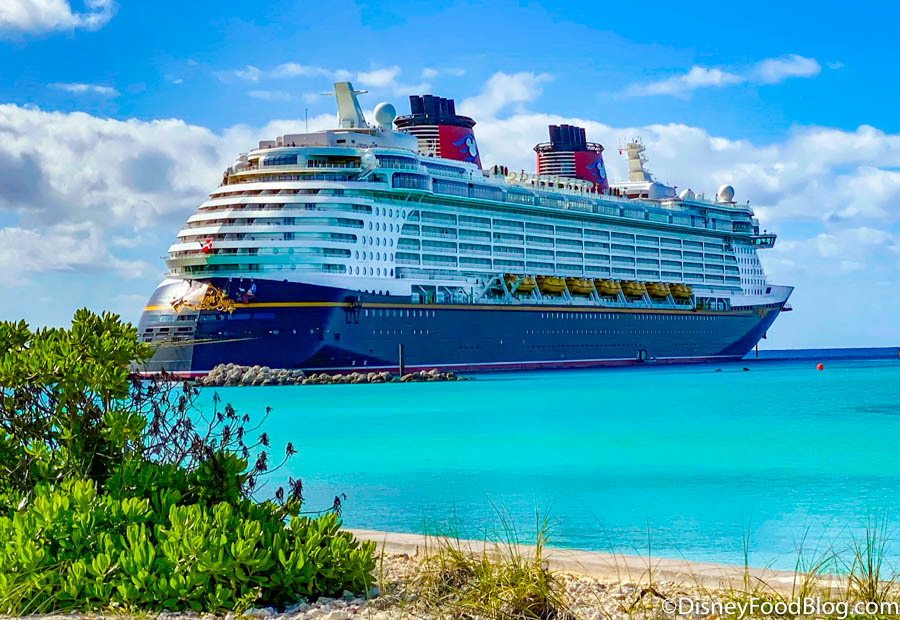
Join the DFB Newsletter To Get All the Latest Disney News Delivered Right to Your Inbox! Click here to Subscribe
Are you going on a cruise soon? Let us know in the comments below!
The post 5 Laws You Need to Know Before Your Next Cruise first appeared on the disney food blog.


